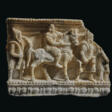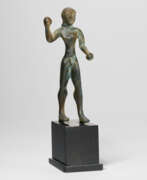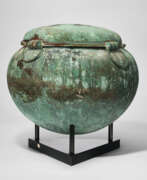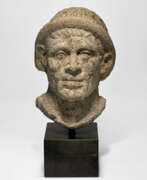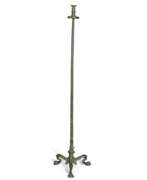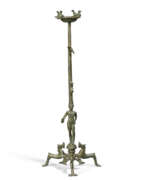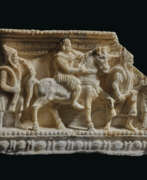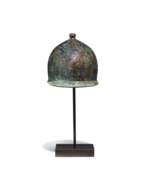Etruscan civilization
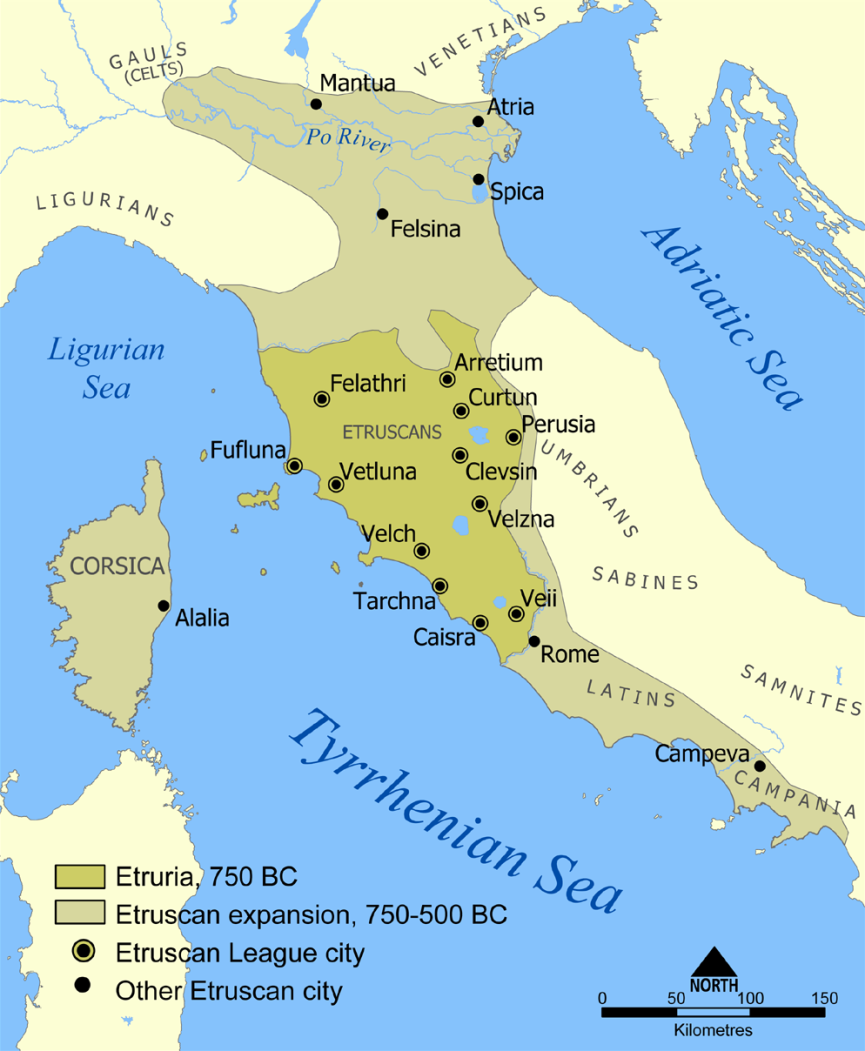
Etruscan civilization
The Etruscan civilization, flourishing in ancient Italy between the 8th and 3rd century BCE, is renowned for its significant contributions to art, culture, and history. This civilization developed in what is now Tuscany, Umbria, and northern Lazio, and at its peak, extended into areas of modern-day Po Valley, Emilia-Romagna, Lombardy, Veneto, and Campania.
The Etruscans are noted for their sophisticated urban civilization, which was quite advanced for its time. Their early governance was initially monarchical, later evolving into an oligarchic structure. These city-states were part of a loose confederation, primarily for religious purposes, as indicated by their annual meeting at the sanctuary of Fanum Voltumnae. Interestingly, the Etruscans' political system was not centralized, with authority residing within individual cities and prominent families.
In terms of society and culture, Etruscan women enjoyed more freedoms compared to their counterparts in other ancient cultures, such as the right to inherit property. The Etruscan religion was polytheistic, with a pantheon of gods overseeing various aspects of life. They practiced augury and haruspicy for divination, which were integral to their religious rituals.
Their artistic legacy is quite significant, with their influence deeply embedded in ancient Roman art and culture. The Etruscans were responsible for introducing the alphabet to the Romans and spreading literacy throughout the Italian peninsula. Some of the most notable Etruscan artifacts include the contents of the Regolini-Galassi Tomb, such as a bronze bed and carriage, which can be found in the Vatican Museums.
The fall of the Etruscan civilization began with Roman expansion. Many Etruscan cities were sacked in the civil war won by Sulla in 83 and 82 BCE, leading to the gradual Romanization of the Etruscans. Their language and literature eventually gave way to Latin and Latin customs, with their unique culture assimilating into Roman society.
For enthusiasts and collectors in art and antiques, the Etruscan civilization provides a fascinating study of an influential yet often overlooked culture in ancient history. Museums around the world, such as the Vatican Museums, house Etruscan artifacts, offering a glimpse into their rich cultural heritage.
To explore more about the Etruscan civilization and stay updated on related product sales and auction events, signing up for updates is recommended. This way, you'll gain access to invaluable information and opportunities related to this ancient civilization.
| Country: | Europe, Italy |
|---|---|
| Start of the period: | 900 BC |
| End of the period: | 27 BC |
